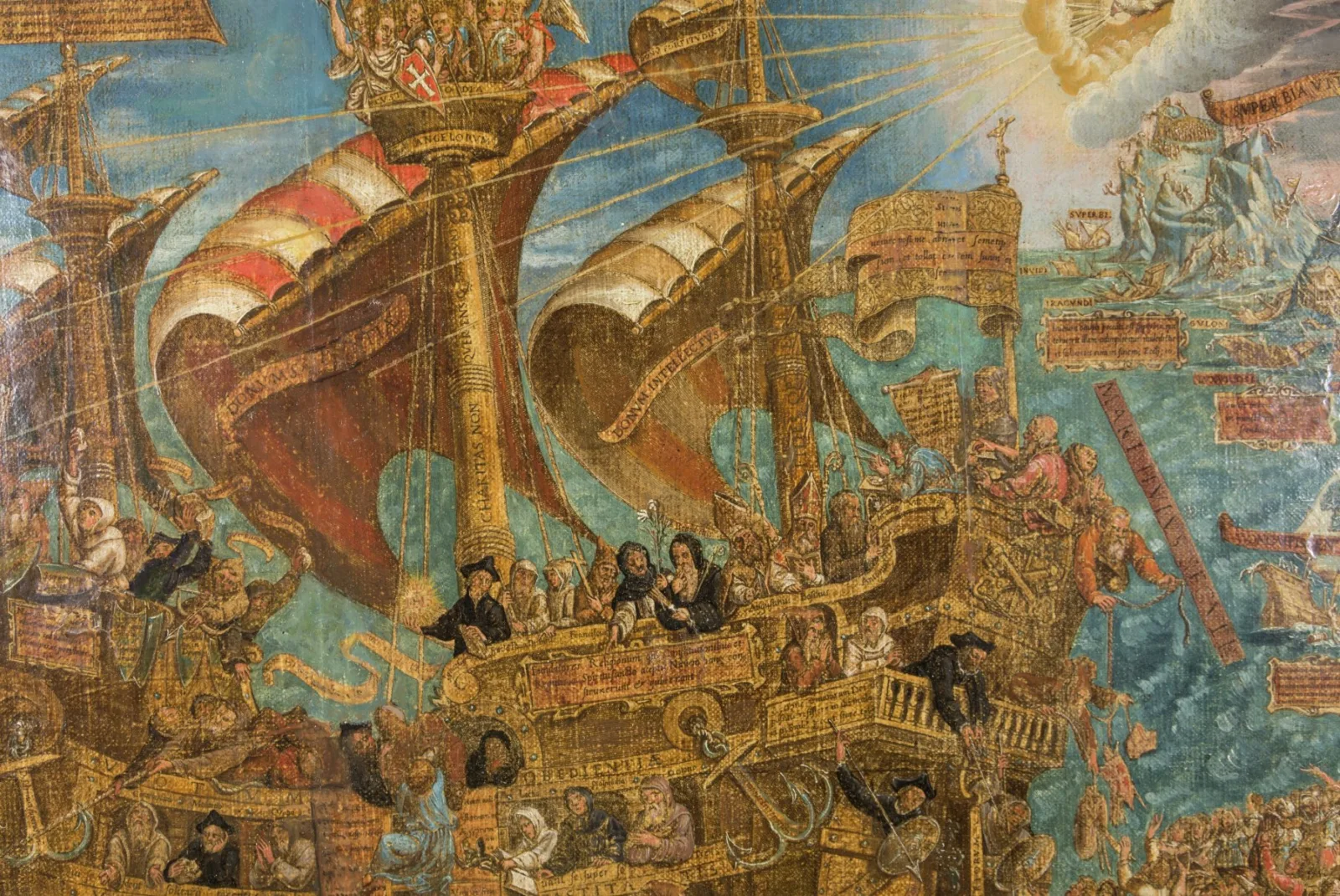Listen to the audio recording of this program.
History textbooks, once they get over describing the Jesuits as the shock troops of the Counter Reformation, often mention that Ignatius of Loyola wrote a book called Spiritual Exercises, and that the order ran a lot of schools. Those two aspects of the Jesuit enterprises will be the subject of Professor O'Malley's lecture. The book of the Exercises is crucial for understanding the Jesuits, but its historical significance was generally not understood even by them. What is it, then, that sets it apart from similar books of its era and constitutes it as a classic? Beyond the Exercises Ignatius, through his governance of the order, broke new ground in how holiness could be pursued.
That Ignatius and his fellow Jesuits began running schools in the humanistic mode is related to that spirituality, but it led them down paths they could never have foreseen. Once again they did not fully perceive the significance of what they were doing. Do we?
John W. O'Malley, University Professor in the Theology Department at Georgetown University, specializes in the history of religious culture in early modern Europe, especially Italy. He has written many books, including the recent The Jesuits: A History from Ignatius to the Present and Trent: What Happened at the Council.
Your generosity is vital in keeping the library's programs, exhibitions, and reading rooms free and accessible to everyone. Make a donation today.
This program is part of Religious Change, 1450 - 1700, a multidisciplinary project exploring how religion and print made the medieval world modern. The project is generously supported by a grant from The Andrew W. Mellon Foundation.

